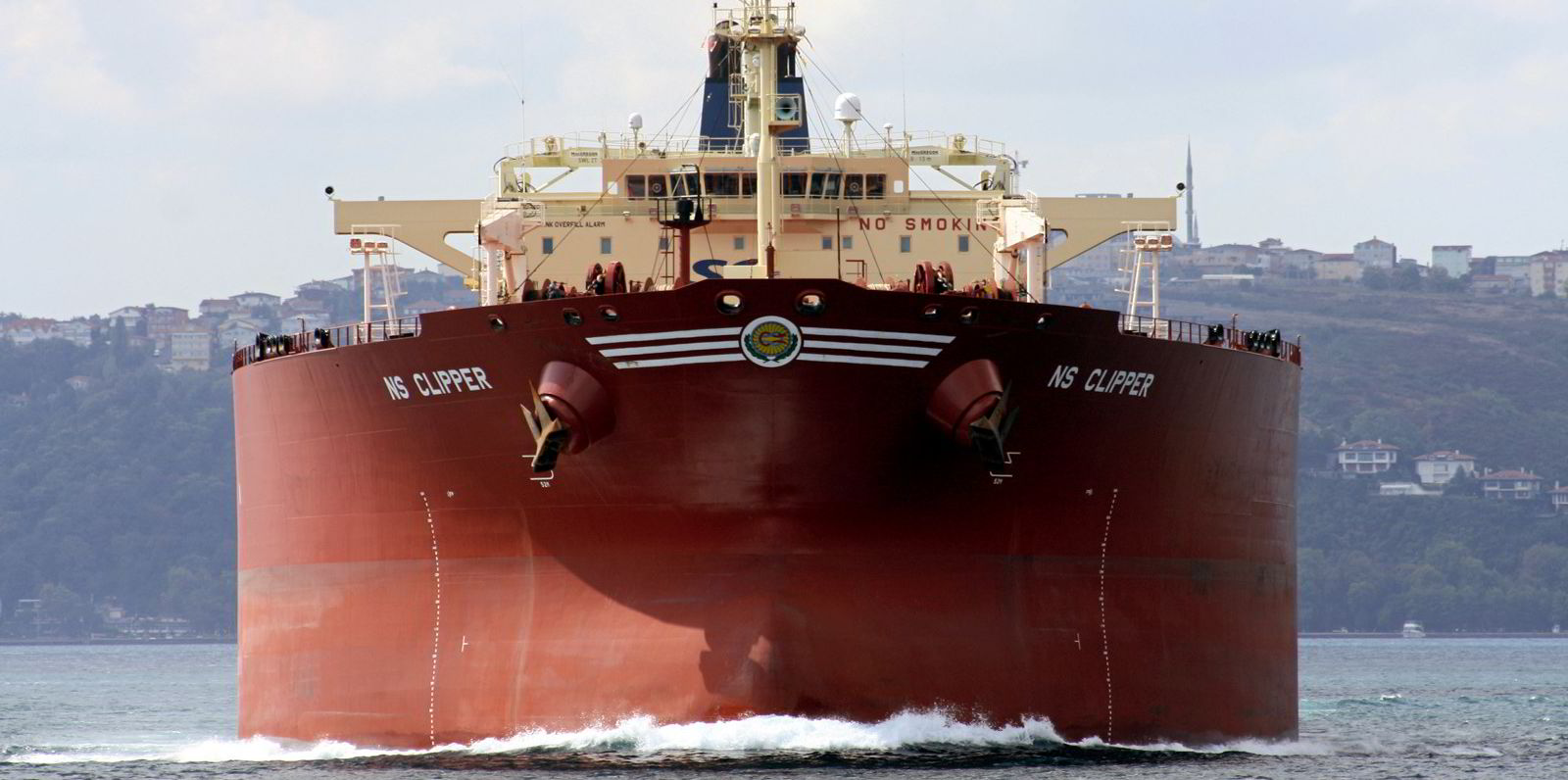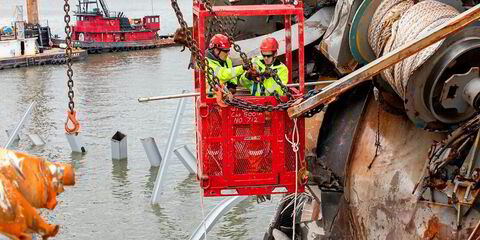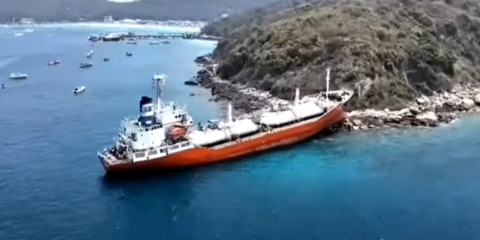Analytics platform Vortexa has found no evidence of increased “dark” activity among tankers potentially shipping Russian oil.
The company said there is no increasing trend of vessels turning off AIS signals in and around Russian high-risk areas as sanctions over the war in Ukraine change trading patterns.
Vortexa freight analyst Ioannis Papadimitriou said: “Quite the contrary, the number of vessels turning their AIS signals off in the Black Sea and the Baltic was actually halved, while the average duration of the dark activities remained similar to pre-invasion figures.”
The platform found that 75 ships turned off AIS in the Black Sea and Baltic in February for an average of 59 hours.
In March, this fell to 33 vessels for an average of 61 hours.
In addition, Vortexa identified 51 tankers of handysize and above that switched off their signals last month. These were either vessels near Russian high-risk areas or Russian-affiliated ships.
All of these turned their AIS back on in March and did not remain dark.
Vortexa said there is only one case of a vessel turning off its AIS to partake in a tracked ship-to-ship activity.
Some vessels are hitting the off switch for safety reasons in high-risk areas, the company added.
“There are cases where vessels turned their AIS off when loading in a Russian port, yet it is questionable whether this can be considered a suspicious activity,” Papadimitriou said.
‘Tiny’ tankers turned off
“The reason is that in all cases, vessels turned their transponders off only after reaching the port and turned it back on before leaving the port,” he said.
A total of 10 Russian vessels currently have AIS signals off — Vortexa believes they are all “tiny” ships carrying out intra-Russian trades in the Black Sea.
“Although the facts overall do not suggest any strong pattern involving illicit activity for Russia-related tankers or tankers carrying cargoes of Russian origin, there are indications of dark activities in Russian ports,” the analyst concluded.
“Without a doubt, it is a situation that needs to be monitored closely, to gauge whether these patterns will be sustained or other whether more complex ones will arise.”
Sovcomflot denies going dark
Last month, Russian state tanker giant Sovcomflot (SCF Group) denied any of its ships have turned off vessel-tracking transmitters.
The denial came after TradeWinds reported that technology firm Windward said the Moscow company’s ships were among a rising number of Russian-flagged and Russian-linked tankers that have been detected carrying out dark activities.
According to data supplied to TradeWinds by Windward, there were 50 incidences of dark activity by Russian-flagged or Russian-linked crude, chemical and product tankers in the week beginning 19 March, and 52 incidents in the week before that.
Prior to that, there had been an average of just 16 incidences of dark activity per week in 2022.(Copyright)





